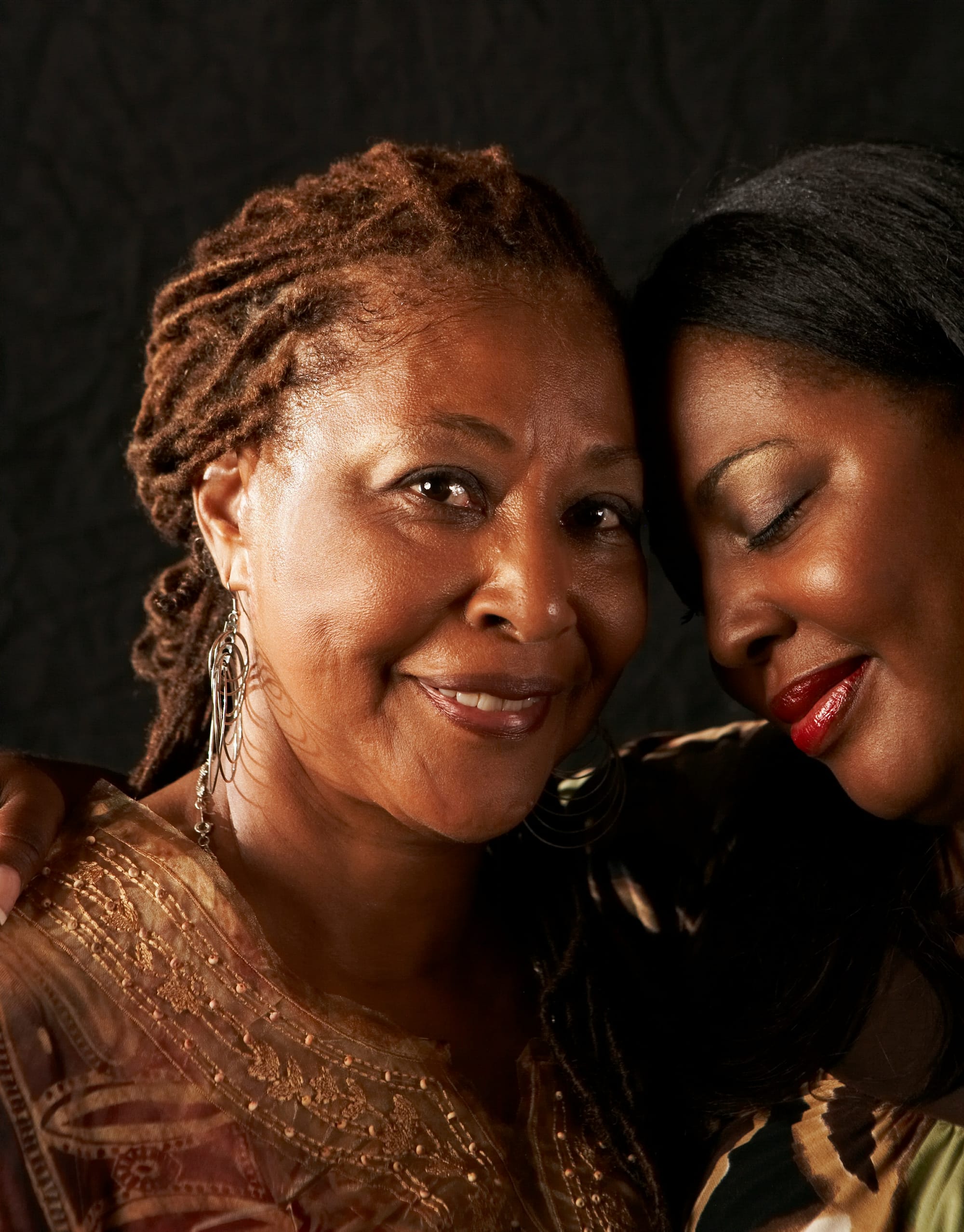You matter

If you are like me, thinking about all the stress you’re dealing with, reading about things that cause you stress, or being told by others that you need to reduce your stress because it’s doing all these stressful things to you, is stressful.
So, if you’re feeling stressed or resentful or irritable after reading the last post, I understand.
Interestingly, I think that writing about stress has actually helped me to be less stressed about all the physical, mental, emotional, logistical, and relational factors triggering stress for me right now. Organizing my thoughts about it, describing what is happening in my life, mind, and body on the page and sharing it with others, has been surprisingly beneficial in enabling me to think coherently about and digest a bit of the chaos I’ve been feeling.
A few months ago, I took a Menopause Yoga training taught by Petra Coveney, a UK-based yoga teacher. Petra has used yoga and breathwork, Ayurveda, Traditional Chinese Medicine (TCM), and western evidence-based science and practices to create a system of bodywork meant to
· Educate women and people about menopause and Empower women to Embrace their menopause experience
[Petra is a beautiful, compassionate teacher and if you have an interest in yoga, I highly recommend checking out one of her online classes.]
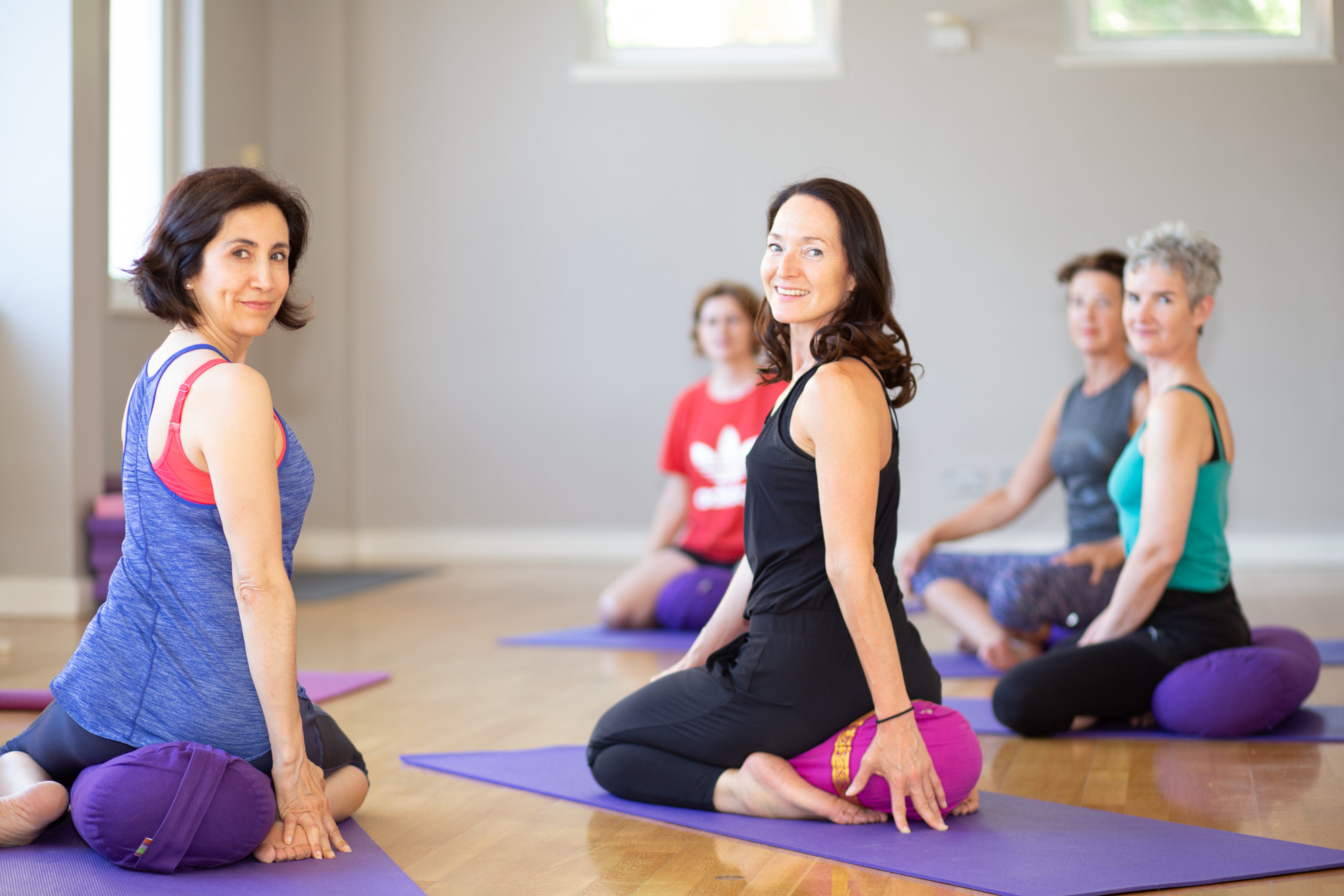
The instruction that runs through all of Petra’s teaching is the counsel to
Reduce Stress. Do Less. Rest.
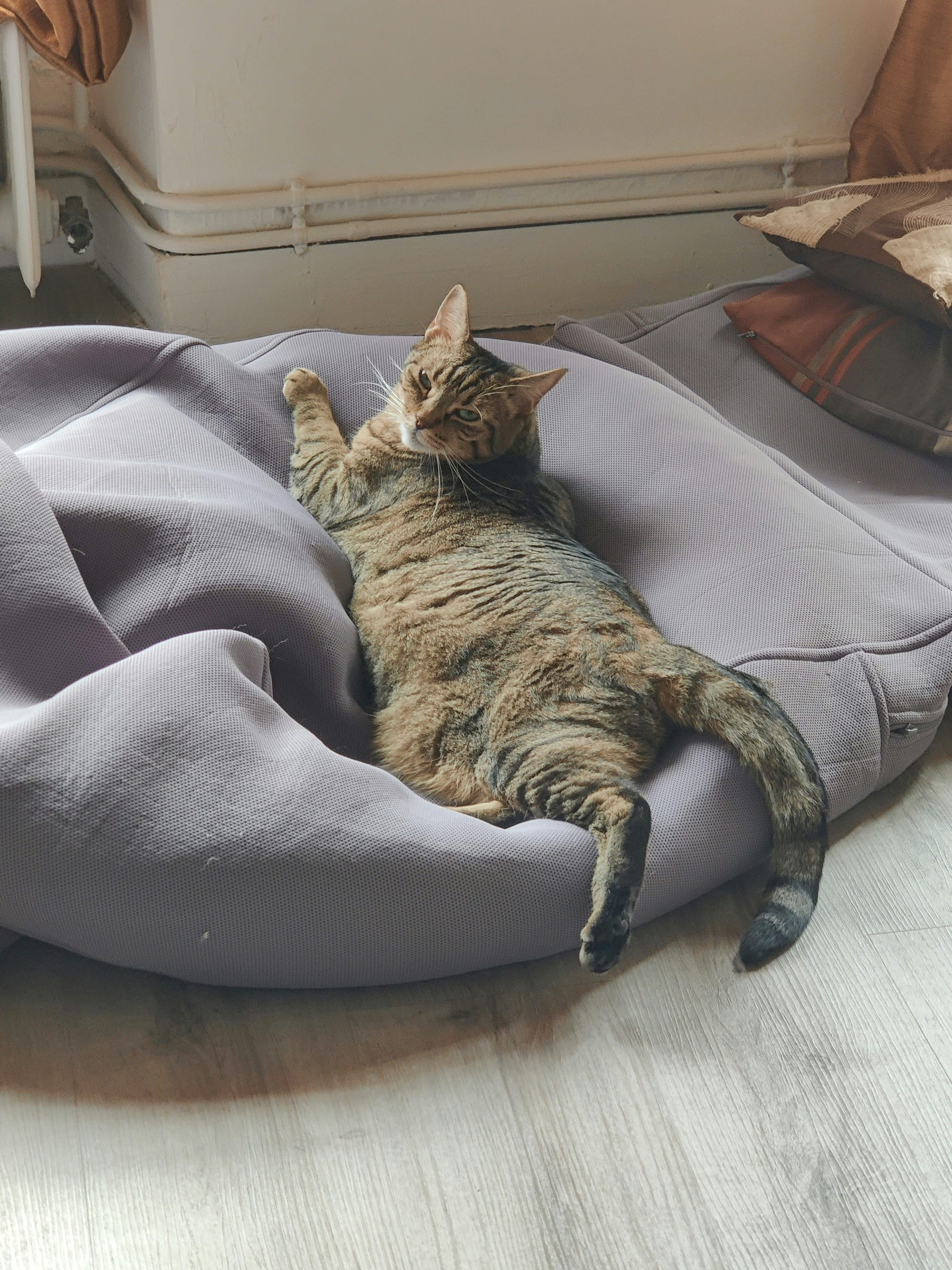
As I think I mentioned in a previous post, I am still mystified about how any one of those things might be a possibility for me personally, but I am working on it.
I discussed it with my therapist, telling her how impossible the imperatives embodied in those words seemed for me. She suggested that I consider what each of those phrases means to me personally. For example,
What would reducing stress look like for me, right now, in my life?
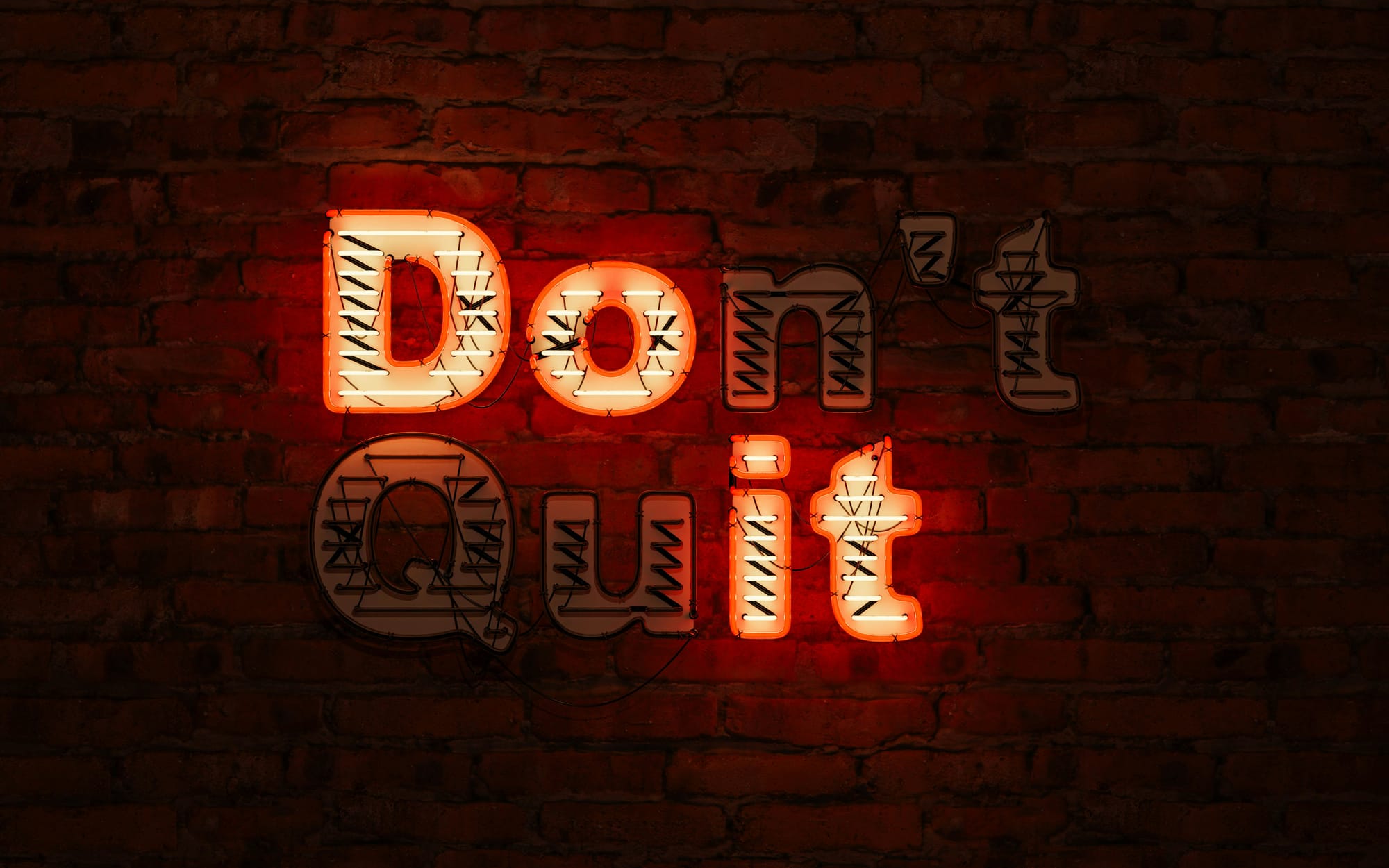
I wrote some about it and thought about it. Most importantly, I observed myself living my life and detected what seemed to trigger the most stress for me. What I noticed is that the majority of my stress is caused by my thoughts—my anxieties about things that might happen, my anger about how people are behaving and how things are unfolding in the world outside my control, but especially my army of “shoulds:”
· What needs to be done
· When it all needs to done by
· My responsibilities in relationship
· How I need to show up at work
· What I ought to look like when I present myself to the mirror or to others
· How I should feel and think by this time in my life
· What my desk should look like
· How much weight I should be lifting
· What I shouldn’t be eating or drinking
· What I shouldn’t be reading or watching (because it will rot my brain or infuriate me)
· How my clothes should fit
· How much money I should be making and how I ought to be regarded professionally by this time in my life
· How we should all be treating each other and other beings
· What I should be doing to advocate for others
· What I should be doing with my power and privilege
· What I shouldn’t be doing that creates stress on the environment
I think you get the gist, and I suspect you may have your own exhaustive list of “shoulds” and “shouldn’ts.”
The point is that more than any specific event or situation external to me, it has been my mind—my thoughts about what is happening and what I am or am not doing—that has most often precipitated the maelstrom of painful emotions that trigger the tripwire of my stress response and a vicious hormonal cascade that leaves me painfully contracted, prickly, tired and wired.
This is not to say that unpleasant interactions with others, being sideswiped by unexpected impediments, or the necessary, but wearying, tasks of cleaning bathrooms and feeding/exercising myself are not stressful. It’s just that, on closer observation, the stress of the unpleasant, unexpected, and unwanted are hugely magnified by how I think about and relate to them.
After running through the filters of my perceptions, thoughts, and emotions (in that order), they become more than simply un-pleasant, un-expected, and un-wanted; they become overwhelming and stressful.
This is an insight arduously arrived at, aided by years of sitting silent meditation retreats and being exposed to umpteen dharma talks and yoga philosophy teachings. And still, I am stressed.
But I am less stressed now than I was before I spoke with my therapist and recognized this cycle in myself intimately. Although my schedule is still too full and the demands on my time and energy are larger than ever, I am more consistently aware that I have chosen most of the things that fill my schedule because I want them there—writing, exercising, visiting with friends, working, building community. The things I don’t really want—grocery shopping, cleaning, yard work—are essential to the support of life.
Recognizing both these things I have started to shift how I think about my life and all its activities. I think about taking small bites, creating discrete times for specific tasks, and scheduling in times that are meant for pauses, recreation, and the things that nourish me, like reading or taking baths.
This finagling of my overpacked calendar pushes me up against the second phrase in Petra’s teaching: Do less.

Ironically, the Menopause Yoga training was the initiating catalyst to a phase of intense movement and dynamism is my life. Once I made the decision that I needed to approach my menopause experience more creatively and constructively, an upwelling of energy has surged through me and my life. I suddenly have access to more people, opportunities, and creativity than I have in decades.
Besides the yoga training, I have been researching and writing for this blog and started a year-long writing program. I have met more women who are going through menopause and mid-life transitions, and I am working with a new friend to get a local women’s group up and running. Most recently, I have enrolled in an integrative women’s health and wellness coaching training with the intention of specializing in working with women and people going through the menopause transition. This is all in addition to working part-time as a massage therapist, beginning a strength training regimen, and doing all the work at home that I was doing before, though admittedly the cat hair builds up more than it used to.
With each new project I have found myself thinking uncomfortably about Petra’s well-intentioned admonition to do less. I have been exhausted for years. Consistently restful sleep remains elusive. It’s true that I am a naturally energetic person, but it’s also true that the more I do the more I have a tendency to run on the fumes of adrenaline and cortisol. I think it’s become difficult for most of us to know when we are using energy to accomplish our tasks and when we are running on the stress hormones that keep our sympathetic nervous system ramped up.
Knowing that Petra is right about the need to slow down and do less, I have felt guilty about saying yes to all the new projects that have presented themselves to me. At the same time, I have access to this new energy that seems to be giving my life a direction and meaning it hasn’t had in a long time. I feel passionate about my interests and priorities in a way that I haven’t since I started teaching yoga when I was 27.
At this point I have chosen to integrate the teachings of “do less” and “rest” by integrating pause time into my day and rest time into my life. What does this look like?
· I take more time over breakfast, catching up on Stephen Colbert and drinking my favorite tea
· I enter the bedroom about two hours prior to lights out to wind down, do ball rolling or yin yoga to release tension and tightness from my body, and read non-scary fiction before settling down to sleep
· I try to avoid using my phone while I walk my cats, instead breathing deeply, turning my face to the sun, and paying attention to the kitties
· When I have a phone call with a friend or family member scheduled I make a point of not multi-tasking and doing other stuff while talking to them. It doesn’t always work out, but that’s my intention. If I’m finding it hard to do that, I try to schedule zoom or FaceTime meetings instead.
· When I do yoga to warm up before strength training or HIIT, I don’t listen to any music or audio. I practice connecting my mind with my body, the intention at the foundation of the physical practice of yoga.
· This past week I registered for a week-long online meditation retreat that I will do at the end of April. The retreat is a week of silent sitting and walking meditation supported by teachers from the Insight Meditation Society, and I’ll do it in the studio above our garage. I feel nervous about taking that much time away from all my projects, but I feel a strong need to reconnect with the dharma and meditation practice.
I would like to have more reading periods in my week—both for pleasure and research. I’d also like to spend more time outdoors, do a baking afternoon once a month, and even build in a regular “do nothing” practice.
(See the Support Page for information on the Do Nothing practice.)
Sometimes all the things I am doing still feel like too much. I imagine that as my life shifts and rearranges itself to integrate new phases of experience, I will find new spaces for rest and doing less. But right now, all of these new activities and connections do nourish me. And more importantly, they are enabling me to learn more about my relationships with stress, with doing and being, and with resting.
I know it’s not a simple matter for most of us to reduce stress, do less, or rest. Stress, rest, and doing are complex hormonal events that feel fraught, in part, because they pull on threads deeply entwined within the core of our culturally constructed, socialized, and gendered psyches.
When we imagine reducing our stress or doing less, taking some time to lay down for a nap, my guess is that most of us find it impossible to take action without thinking about how our time-outs will affect others. How will we meet the social and familial responsibilities ingrained in us from childhood if we let things drop off our to-do lists? What will happen to our children, our partnerships, our cholesterol, the resale value of our homes, or our jobs if we order take-out for a week, refuse to get out of bed before noon on Sunday, or delegate the project details to the Gen Z member of our team?
I was thinking about what has helped me work with my mind and these are the things that stood out to me:
· Consider who or what gives you permission to let yourself off the hook.

Perhaps the first thing to bring into focus is who has you on the hook? Is there someone in your family or life who is making it impossible for you to take care of yourself or calm down? Or is there some part of your psyche that is screaming at you all the time? In my case, it is definitely some part in my psyche that is bossing me around and holding me to impossible and contradictory standards.
o When I talk about “letting yourself off the hook,” I mean giving yourself the space and permission to reframe your experience. For example, when I start to think about “doing less” and resting more, I easily fall into the feeling of failure, as if I should be doing something differently that would enable me to slow down and rest.
o As soon as I hear or feel the word “should” or “shouldn’t” in my mind or body I know that I’m in stress-inducing territory and I need to reframe what I’m doing and what is happening. I either find a way to truly embrace my activity, I find a place in my day to pause, or I practice being okay with letting things drop off the to-do list for that day—a truly daunting practice.* I do these things with the intention of circumventing the stress response and the vicious cycle of self-recrimination, resentment, adrenaline, and exhaustion that gets going when I am frustrated and blaming myself.
(*See the support posts for a “To-do List” exercise from Petra.)
· Who is in your corner?

I wouldn’t have gotten this far in my life without the sanity and support of my women friends. I have been able to talk to them about my menopause experience and I have received support, compassion, and affirmation of what I am going through. I am also always learning about how we each respond to and cope with the experience of being a woman in this culture at this time in history.
o I have two brothers and a husband, and I have talked openly to the men in my life and the men I meet about menopause. In speaking about it I am insisting that we bring menopause unashamedly into general conversation and I am making it clear that men need to be educated about life transitions that affect women because what affects women affects everyone on Earth. The men I talk to have been interested and supportive. My brothers and husband all send me links to podcasts and articles that have to do with menopause and try to keep up with my blog posts.
o If I had not connected with the women in my Menopause Yoga training, I don’t know if I would have had the motivation and energy to launch this blog and move forward with the book I’m writing and the coaching training. My class was comprised of 24 women from all over the world meeting on Zoom once a week, connected by a What’s App group. Yet the recognition of our shared experience and the appreciation of how each of us has been uniquely affected by and is responding to our experience was critical to my being able to calm down, think more constructively about what was happening to me, and move forward motivated by positive energy rather than desperation.
o And I am excited about the local women’s group that seems to be forming. I am hopeful that we will build an inclusive, inspiring community together that will offer perspective, humor, and support to all its members.
· Recognize that you matter.

You, your life, your needs, your desires, your talents matter. What you want for yourself is as important as what you want for your children, if you have them, and what you want for the world.
o It’s a simple imperative, working against millennia of fierce external and internalized oppression that tells us we don’t matter, our lives, our needs, our desires are unimportant, and our talents are trivial. But the simplicity of it, in the teeth of all that historical bullshit, is what makes it powerful. It’s pocket-sized and you can carry it with you: “What I want [need/offer/am] matters,” a compass to keep you oriented in the storms that swirl up around you.
· Finally, I had to recognize that I was going to deteriorate if I didn’t change my perspective about my menopause.
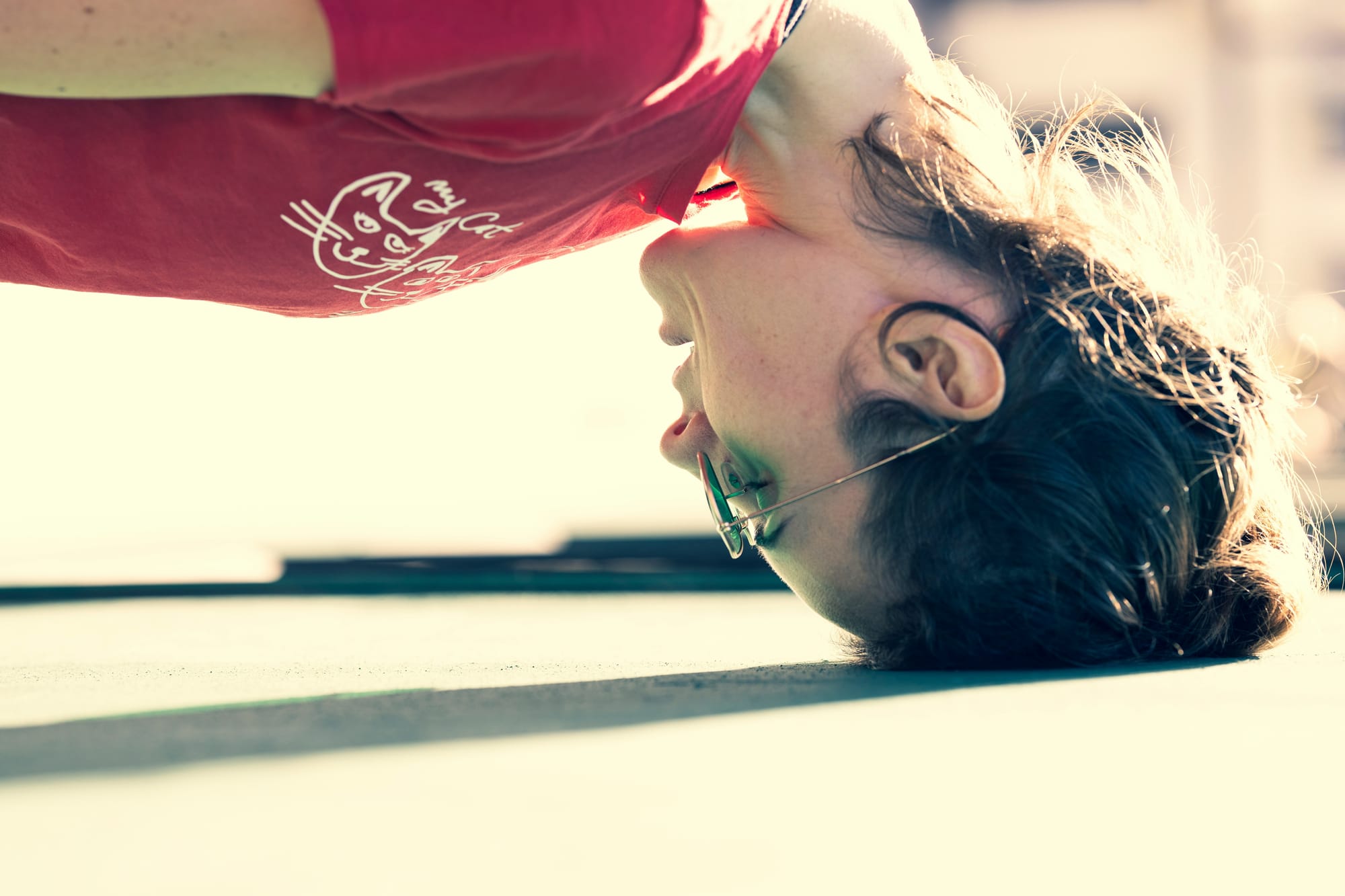
I had a lot of support and the resources to reach out, find the yoga training and participate. But I had to choose to do it. I had to take stock of what was happening in me and decide what my way forward would be.
o You may not be in quite the same head space I was in a few months ago. Perhaps you are finding it much easier to negotiate this transition or you have even been looking forward to it and contextualize it within a spiritual, mythological, or positive phase-of-life framework.
o The point is, that we do need to become aware of how we’re thinking about our lives in the lead up to, in the midst of, and in the aftermath of menopause. It’s important to recognize how we’re perceiving ourselves and our experiences around menopause and to participate in contextualizing the process in a way that is helpful to us if we are going to consciously realize and reap the benefits and fruits of this powerful time in our life.
No matter who you are and how you are viewing menopause and your unique life experience, I know life can feel overwhelming for myriad reasons. It takes time, space, and energy to try to disentangle the urgency and sheer amount of information blasted at us on a daily basis in order to discern what is happening, what seems to be true, and what possible pathways forward there might be.

Start by pausing, journalling, seeking support from those who support you,
Continue by reframing your perceptions of your choices, talking about your experiences, trying new things you think might help,
And always remember:
Who you are matters
What you need matters
What you want is important
What you offer is needed
